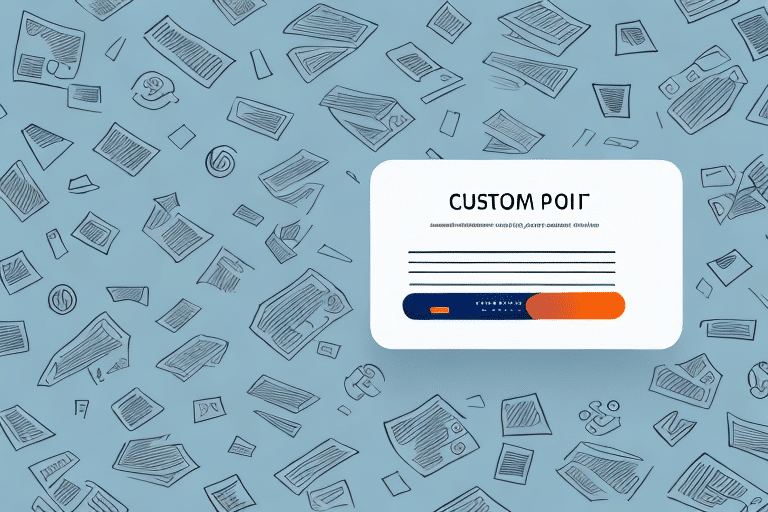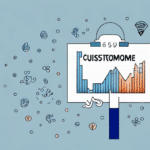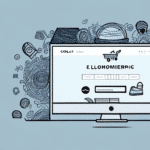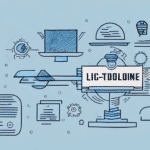The Importance of Customer Retention
In today's highly competitive business landscape, customer retention is becoming increasingly important, and for good reason. Business owners need to recognize that the true value of any business lies in the loyalty of its customers. While customer acquisition is vital, retaining loyal customers is even more valuable. Effective customer retention strategies not only enhance profitability but also build a sustainable competitive advantage.
Benefits to Your Business
Customer retention offers a multitude of benefits, including:
- Increased Profitability: Retained customers generate more revenue over time, reducing the need for costly acquisition efforts.
- Enhanced Brand Reputation: Loyal customers are more likely to provide positive word-of-mouth, attracting new customers organically.
- Stable Revenue Streams: A loyal customer base ensures more predictable and consistent sales.
According to a study by Harvard Business Review, increasing customer retention rates by 5% can increase profits by 25% to 95%.
Strategies to Increase Customer Loyalty
Implementing effective strategies to boost customer loyalty is crucial for sustained business success. Below are some top strategies that businesses can employ:
Personalized Experiences
Personalization involves tailoring products, services, and communications to individual customer preferences. Utilizing customer data allows businesses to deliver customized experiences, making customers feel valued and understood.
- Customized Recommendations: Suggest products based on past purchases or browsing history.
- Personalized Marketing: Use customer names and tailor messages to their interests.
Research from Forbes indicates that 80% of consumers are more likely to make a purchase when brands offer personalized experiences.
Building Strong Relationships
Establishing and nurturing relationships with customers fosters loyalty. This can be achieved through:
- Engaging with customers on social media platforms.
- Responding promptly to customer inquiries and feedback.
- Showing genuine interest in customer needs and preferences.
Consistent Communication
Maintaining regular communication keeps customers informed and engaged. Effective communication strategies include:
- Sending regular newsletters with updates and promotions.
- Using social media to share relevant content and interact with customers.
- Implementing email campaigns that provide valuable information.
Rewarding Loyal Customers
Implementing loyalty programs incentivizes repeat business by offering rewards for continued patronage.
- Discounts and Exclusive Offers: Provide special deals to loyal customers.
- Points-Based Systems: Allow customers to earn points for purchases that can be redeemed for rewards.
- Early Access to New Products: Give loyal customers the first opportunity to purchase new offerings.
Studies show that loyalty programs can increase customer retention rates by up to 5%, which can lead to significant profit growth (Invesp).
Implementing Effective Customer Retention Programs
To develop a successful customer retention program, businesses must take a structured approach:
Assessing Your Customer Base
Begin by analyzing your current customer base to understand their behaviors and preferences. Identify why customers leave by gathering feedback through surveys, reviews, and direct interactions.
Developing a Retention Plan
Based on your assessment, create a retention plan that addresses the specific reasons customers may leave. This could involve improving product quality, adjusting pricing strategies, or enhancing customer service.
Personalization Techniques
Utilize customer data to deliver personalized experiences. Use CRM software to track interactions and preferences, enabling tailored marketing and service efforts.
Handling Negative Feedback
Addressing negative feedback promptly and effectively can turn dissatisfied customers into loyal advocates. Implement a system for managing complaints and ensure your team is trained to handle issues with empathy and efficiency.
Leveraging Tools and Technologies
Modern tools and technologies can significantly enhance customer retention efforts:
Customer Relationship Management (CRM) Software
CRM systems help businesses track customer interactions, manage relationships, and analyze customer data to improve retention strategies.
Marketing Automation Tools
Automation tools streamline marketing efforts by delivering personalized content and targeted campaigns based on customer behavior and preferences.
Popular CRM and marketing automation tools include Salesforce, HubSpot, and Marketo.
Measuring and Maintaining Success
Regularly evaluating the effectiveness of your customer retention strategies is essential for continuous improvement.
Key Metrics
- Customer Lifetime Value (CLV): The total revenue a business can expect from a single customer account.
- Customer Churn Rate: The percentage of customers who stop using your product or service over a specific period.
- Net Promoter Score (NPS): Measures customer loyalty and satisfaction based on their likelihood to recommend your business to others.
Feedback and Continuous Improvement
Gather ongoing feedback through surveys, reviews, and direct interactions to identify areas for improvement. Use this feedback to refine your strategies and enhance the customer experience continually.
Real-World Examples and Case Studies
Studying successful customer retention programs provides valuable insights:
Example 1: Starbucks Rewards Program
Starbucks' loyalty program offers customers points for purchases, which can be redeemed for free drinks and food. The program also provides personalized offers based on customer preferences, fostering loyalty and repeat business.
Example 2: Amazon Prime
Amazon Prime offers a range of benefits, including free shipping, exclusive deals, and access to streaming services. These perks encourage customers to maintain their membership and continue shopping with Amazon.
Conclusion
Customer retention is essential for any business aiming for long-term success. By implementing effective retention strategies, leveraging the right tools, and continuously measuring performance, businesses can cultivate a loyal customer base, achieve higher revenues, and maintain a competitive edge in the market.






















